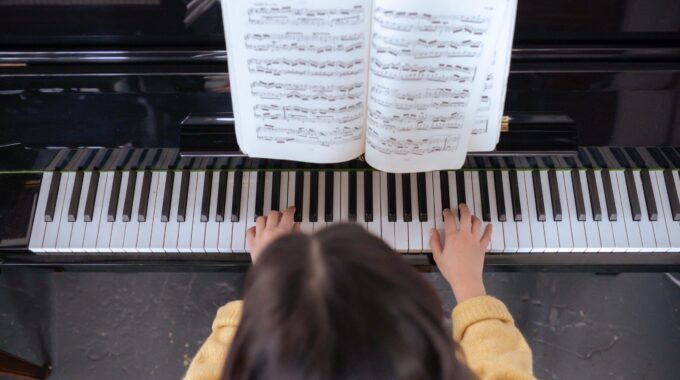Music, with its ability to transcend boundaries and enrich lives, holds a unique place in education. While schools and teachers play a crucial role, the influence of parents in a child’s musical education is equally significant. Let’s explore the transformative power of parental involvement in music education and how it contributes to the development of young musicians.
1. Early Exposure and Encouragement:
Parents are often the first influencers in a child’s life. Introducing them to music from a young age, whether through lullabies, sing-alongs, or exposure to various instruments, lays the foundation for a lifelong appreciation of music.
2. Supporting Practice Habits:
Parents can play a crucial role in establishing consistent practice habits. Setting aside dedicated time for music practice and providing a supportive environment fosters discipline and commitment, essential qualities for musical growth.
3. Instrument Selection and Guidance:
Choosing the right instrument is a significant decision. Parents can offer guidance based on a child’s interests and physical attributes. Informed decisions ensure a harmonious match between the young musician and their chosen instrument.
4. Attending Performances:
Attending concerts, recitals, and school performances demonstrates active support for a child’s musical journey. These events become milestones, showcasing progress and boosting the child’s confidence in their abilities.
5. Communication with Music Teachers:
Regular communication with music teachers is vital. Parents can collaborate with educators to understand their child’s progress, address challenges, and create a cohesive learning environment that extends from school to home.
6. Cultivating a Love for Music:
Engaging in musical activities as a family fosters a love for music. Whether through shared listening sessions, attending concerts together, or participating in family sing-alongs, these experiences create lasting memories and strengthen familial bonds.
7. Investing in Music Education:
Recognizing the importance of music education, parents can invest in resources such as private lessons and music books. These investments demonstrate a commitment to a child’s musical development.
8. Encouraging Creativity:
Beyond structured lessons, parents can encourage creativity by providing opportunities for improvisation and composition. Allowing a child to explore their musical voice fosters a sense of ownership and passion for the art.
9. Fostering Perseverance:
Music education comes with its challenges. Parents can instill a sense of perseverance by helping their child navigate difficulties, teaching them that overcoming obstacles is an integral part of the learning process.
10. Celebrating Achievements:
Celebrating small victories, whether mastering a challenging piece or performing in a school assembly, reinforces a child’s sense of accomplishment and motivates them to continue their musical journey.

